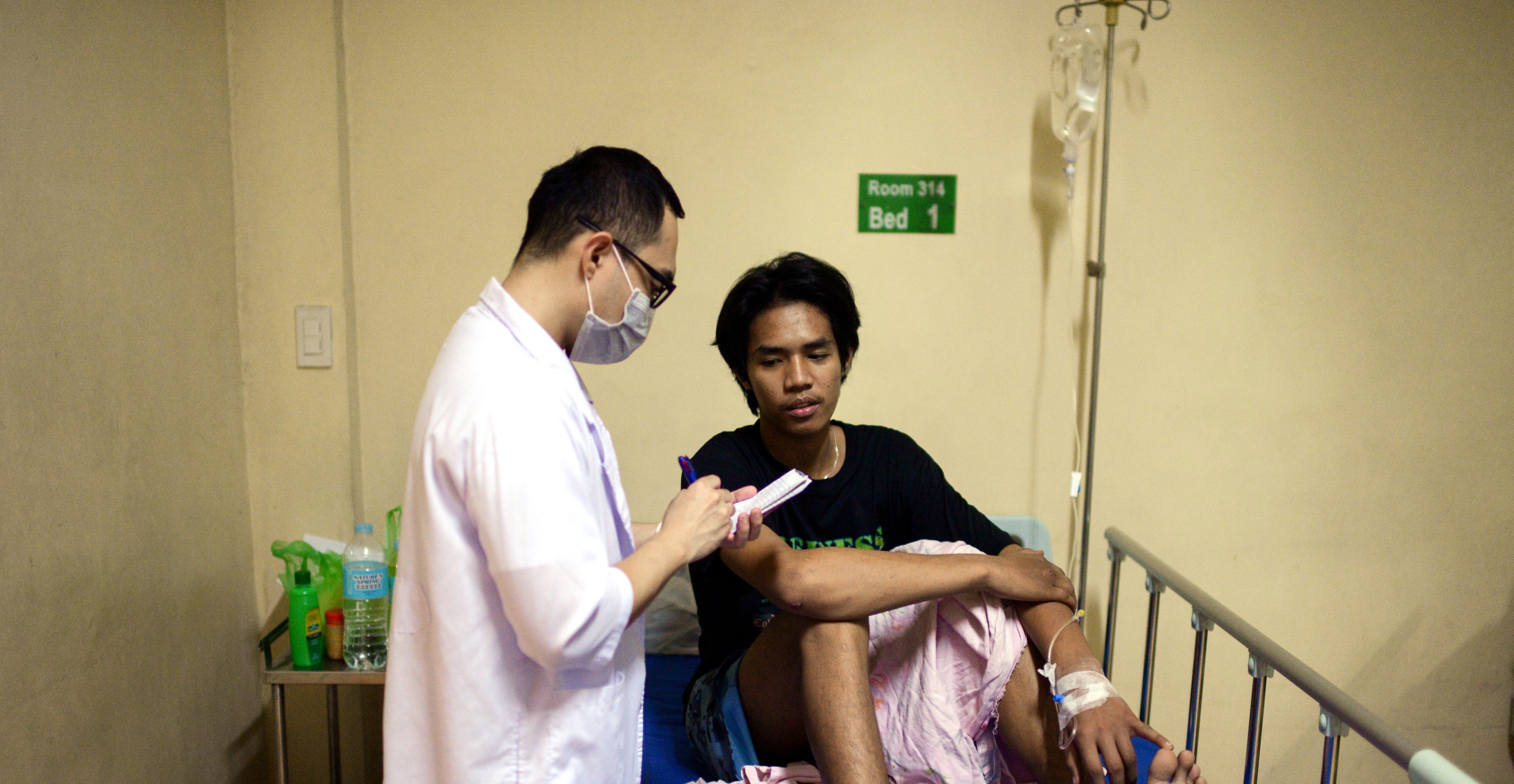COVID-19: What you need to know about the coronavirus pandemic on 11 May

Restrictions are easing in many countries. Image: REUTERS/Yara Nardi
- This daily round-up brings you a selection of the latest news and updates on the COVID-19 coronavirus pandemic, as well as tips and tools to help you stay informed and protected.
- Top stories: WHO classifies India variant as one of global concern; New study suggests non-hospitalized COVID-19 patients have low risk of long-term effects; WHO launches 'Together for India' appeal.
1. How COVID-19 is affecting the globe
Confirmed cases of COVID-19 have passed 158.9 million globally, according to Johns Hopkins University. The number of confirmed deaths stands at more than 3.3 million. More than 1.3 billion vaccination doses have been administered globally, according to Our World in Data.
India has reported 329,942 new COVID-19 cases, with 3,876 deaths. The seven-day average of new cases is at a record high, reports Reuters.
Eighteen people have died from COVID-19 outside of hospitals in Japan's Osaka Prefecture, amid calls for tougher restrictions on movement ahead of the Olympics.
Novavax has delayed its timeline for increasing production of its COVID-19 vaccine and said yesterday it does not expect to seek regulatory approval for the jab in the US, Britain and Europe until the third quarter of this year.
Victoria, Australia, has reported its first locally acquired COVID-19 case in more than two months, with authorities searching for the source of the infection.
US regulators have authorized the Pfizer/BioNTech COVID-19 vaccine for children as young as 12. Children aged 12 to 15 could start receiving the shot as early as Thursday.
Argentina has confirmed its first cases of the COVID-19 variants first detected in South Africa and India.

2. WHO says India variant of 'global concern'
The World Health Organization (WHO) has said the COVID-19 variant first identified in India last year is being classified as a variant of global concern.
Some preliminary studies have suggested it spreads more easily and makes the B.1.617 variant the fourth to be classified in this way. The others are variants first detected in Britain, South Africa and Brazil.
"We are classifying this as a variant of concern at a global level," Maria Van Kerkhove, the WHO technical lead on COVID-19, told a briefing. "There is some available information to suggest increased transmissibility."
It comes as WHO Director-General Dr Tedros Adhanom Ghebreyesus announced the organization's foundation was launching a 'Together for India' appeal. It will raise funds to support the WHO's work in the country, including the purchase of PPE, oxygen and medicines.
He also warned that "globally, we are still in a perilous situation", while reiterating a call for a more equitable vaccine rollout.
3. Non-hospitalized COVID patients have low risk of serious long-term effects
A new study suggests that COVID-19 patients who are not hospitalized have a low risk of serious longer-term effects from the disease.
But the study, published in The Lancet Infectious Diseases journal, still showed those patients reported more visits to general practitioners following infection.
"The absolute risk of severe post-acute complications after SARS-CoV-2 infection not requiring hospital admission is low. However, increases in visits to general practitioners and outpatient hospital visits could indicate COVID-19 sequelae," the study found.
The study used data in Denmark on prescription, patient and health insurance registries.
How is the World Economic Forum helping to identify new technologies to fight COVID-19?
Don't miss any update on this topic
Create a free account and access your personalized content collection with our latest publications and analyses.
License and Republishing
World Economic Forum articles may be republished in accordance with the Creative Commons Attribution-NonCommercial-NoDerivatives 4.0 International Public License, and in accordance with our Terms of Use.
The views expressed in this article are those of the author alone and not the World Economic Forum.
Stay up to date:
COVID-19
Forum Stories newsletter
Bringing you weekly curated insights and analysis on the global issues that matter.
More on Health and Healthcare SystemsSee all
Mille Sofie Stenmarck Korsgaard and Daniel Holth Larsen
November 20, 2025






